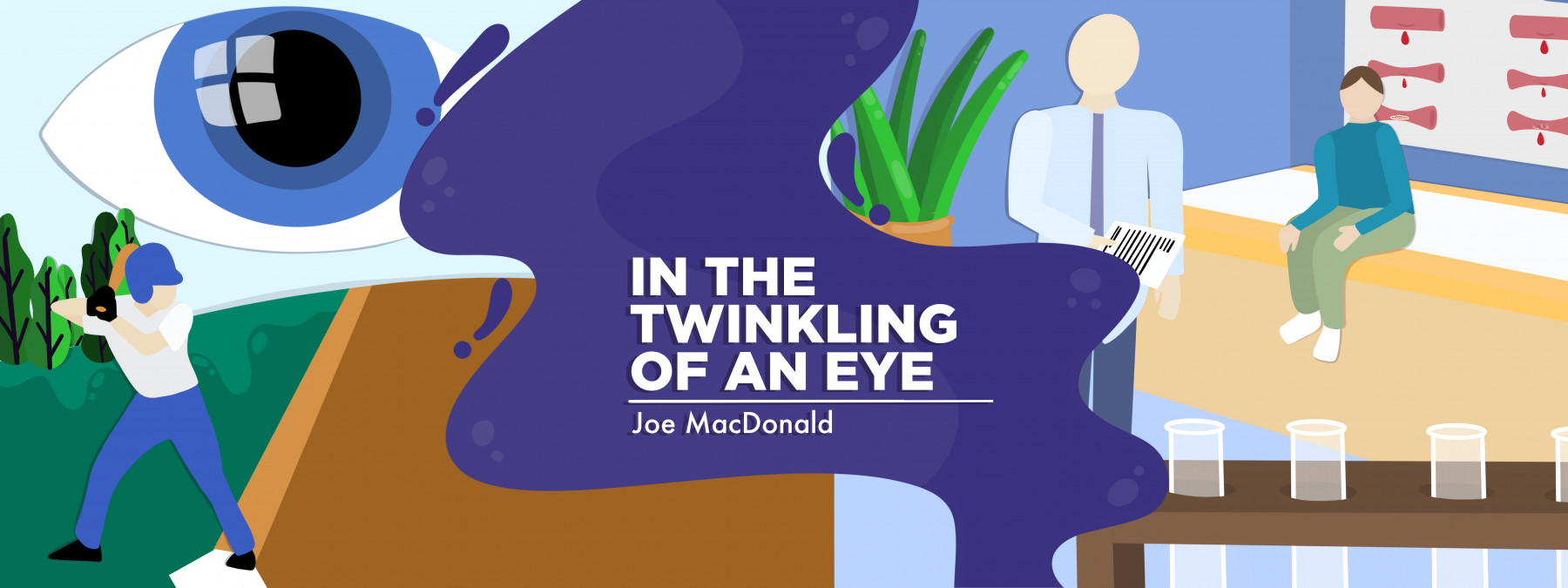The Top 3 lessons I’ve absorbed as a hemophilia patient advocate
It matters to make use of teamwork, adaptability, and help
Written by |

Through my journey of being an advocate for two sons with hemophilia, I’ve continued to learn life lessons that enrich my soul and make me a better person.
While it’s true that raising Julian and Caeleb involved the heavy burden of managing their bleeding disorders, I’ve discovered that our bond is extraordinary and rare: Few people, for instance, need to know how to access veins with a needle as a way to feed liquid medicine through a syringe, all to stop internal damage to joints, muscles, or soft tissue.
In looking at my family’s relationship to hemophilia, three vital life lessons have grown from our need to address both the physical and mental issues that have come with raising my boys.
1. Teamwork
Hemophilia is a team sport. A bleeding disorder requires each family member to play a role when facing complex challenges.
While my sons live with hemophilia, my wife, Cazandra, and I are advocates who take on distinct roles to help them. She has some specific issues she handles during a crisis, for instance, and I have my own tasks. Our pairing makes for a strong duo that provides the best care we can give our boys when dealing with a life-changing diagnosis.
Many times when our younger son, Caeleb, spent nights in hospital beds because of complications from a spontaneous joint bleed, Cazandra and I took turns spending the night with him. The one who was off from night duty ensured that Julian attended school and other extracurricular activities. Our tag-team effort maintained stability for Caeleb while providing Julian with structure. Both boys received our help in diverse ways to support a sense of security and well-being.
2. Adaptability
The MacDonald clan is adaptable. Life throws curveballs at us; we often expect to turn right when we see the need to change course and go left.
While Julian performed in a show this summer, he had an emergency tooth extraction that wouldn’t stop bleeding. His training in how to manage such situations helped him solve the issue. He learned that if one attempt doesn’t provide benefits, he should try another until he finds a solution.
Caeleb struggled with a fear of needles when he was younger. We tried everything to help him curb the anxiety he felt when facing a one-inch needle that would pierce his skin and reach a port-a-cath just below. Many times, he screamed and moved around until we had to hold him down to infuse him with factor VIII.
One day, I prepared to start the painful routine of infusing when I suddenly decided to take a different approach. I looked at my frightened son and said, “Hey, buddy, when you are ready to infuse, raise your thumb in the air.”
The extended finger took a while to raise, but finally, his thumb shot straight up to the ceiling. I put the needle under his skin and into the port-a-cath with little to no struggle. We continued to use the “thumbs up” approach until he proudly told me, “Dad. Every time we start to infuse, my thumb immediately faces the ceiling.”
3. Asking for help
We’re not afraid to ask for help. Along our journey with hemophilia, we realized an important concept: We didn’t know all the answers.
When we faced tough times and our limited knowledge of the disease didn’t address the situation at hand, we reached out to either friends or our medical team to help us find answers.
Julian was circumcised when he was 2 days old. The resident pediatrician on call at the hospital told us that Julian was continuing to bleed. He acknowledged that he didn’t know why and called a hematologist to run tests. Because of that quick-thinking doctor who admitted he didn’t know the answer to my son’s problem, we learned that our son had hemophilia.
I absorbed a great lesson that day, and I continue to practice it: When I don’t know the answer to a question, I ask for help.
While I’ve mentioned these three significant lessons I’d picked up along the way, there are many more I could discuss. But I’m grateful for the three I mentioned, which continue to serve as building blocks in my life. While I wish my boys didn’t have to wrestle with hemophilia complications, I continue to find blessings daily. May these and all lessons continue to enrich our lives each and every day.
Note: Hemophilia News Today is strictly a news and information website about the disease. It does not provide medical advice, diagnosis, or treatment. This content is not intended to be a substitute for professional medical advice, diagnosis, or treatment. Always seek the advice of your physician or another qualified health provider with any questions you may have regarding a medical condition. Never disregard professional medical advice or delay in seeking it because of something you have read on this website. The opinions expressed in this column are not those of Hemophilia News Today or its parent company, Bionews, and are intended to spark discussion about issues pertaining to hemophilia.




Leave a comment
Fill in the required fields to post. Your email address will not be published.